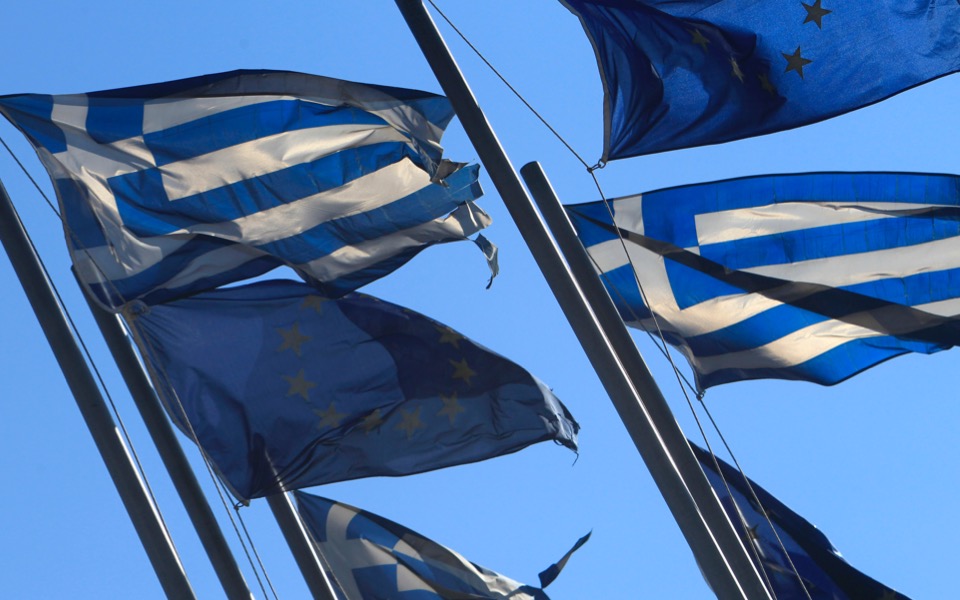History must not be repeated

Many respected historians and intellectuals have warned that, if past experience is any guide, the Greek crisis could evolve into something far worse than an economic disaster. I share their concerns. Greece is a bankrupt nation under foreign supervision. Its institutions are creaking and society has sunk into an ocean of cynicism and frustration. The Greek crisis is a systemic crisis.
Meanwhile, the international situation is also a mess. The United States is in transition, unlike any other in recent history. There is a power vacuum in the Western world, and this is unlikely to change in the coming months. It’s very hard to predict what president-elect Donald Trump’s Eastern Mediterranean policy will look like. The only thing that’s certain is that for the next few weeks, maybe months, we shall not know who is taking the decisions in Washington – or what they imply.
Across the Atlantic, we see a weakened France and a president, Francois Hollande, who has already waved goodbye. Meanwhile, German Chancellor Angela Merkel is the de facto leader of the Western world – at least for the time being – but has no geopolitical weapons at her disposal. The bargaining chip that was Turkey’s hopes of EU membership is no more. Any Greek leader who turns for help to Brussels – or any other European capital for that matter – is very unlikely to get any.
Turkey is sailing in uncharted waters. It used to be a rather predictable country. We used to know the power balance between the political administration and the armed forces, and we could more or less predict Ankara’s next move. We are now faced with a new reality, several open fronts, unpredictable factors and, above all, a leader that is hard to decipher.
Now all of a sudden the Cyprus problem and Greek-Turkish relations are near boiling point. In Athens, the weak SYRIZA-led government is under pressure from all sorts of directions and has no clear idea of where it wants to go. The impression is that when it comes to the crucial issues, there is no one man in charge.
Turkish President Recep Tayyip Erdogan, on the other hand, has upped the ante and wants all issues on the table. The timing is not good and pressure on Greece will only grow. The good scenario is that Ankara will seek to play the blame game, in other words it will try to show that it’s doing its best to resolve the issues while accusing Athens that it cannot, or does not want, to catch up. The not-so-good scenario is that the blame game will come with rather crude gestures that will force Athens and Nicosia to the negotiation table. This does not mean military conflict but some isolated incident after which the international community would urge the two sides to talk.
The next steps Greece takes will have to be cautious. The economic crisis must not be combined with a national defeat. The worst thing that could happen – which is something that has often happened to us in the past – is for the country to be split between traitors and nationalists and so on. Patriotism should not be equated with loud outbursts, but with pragmatism and determination, with building new allies and making decisions in the interest of the country.
History must not be repeated. We must go from the bankruptcy of 1893 to the triumph of 1909, without revisiting the that dark year of 1897.





